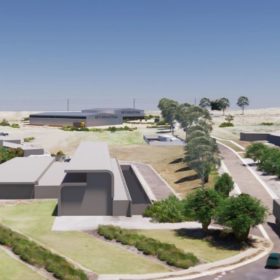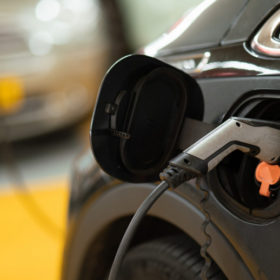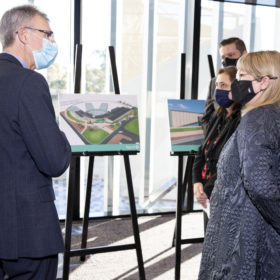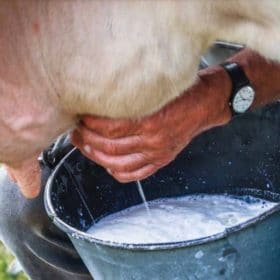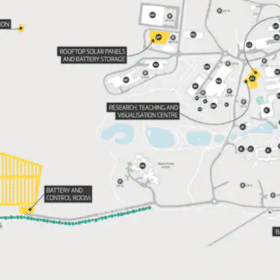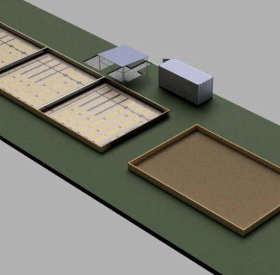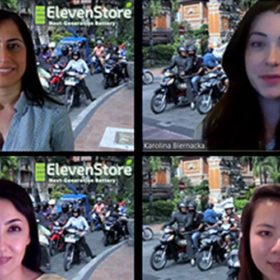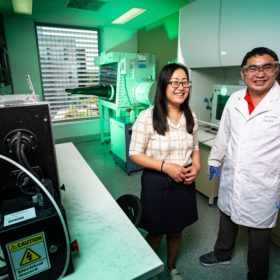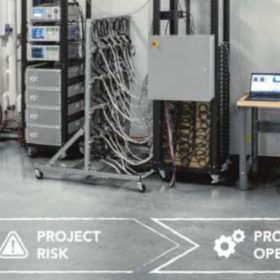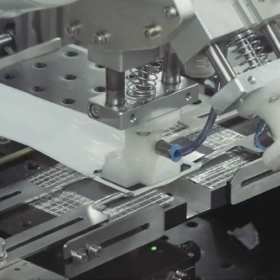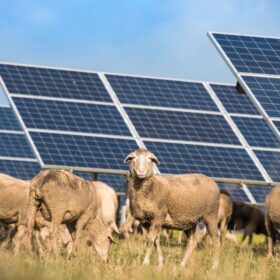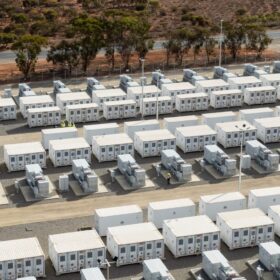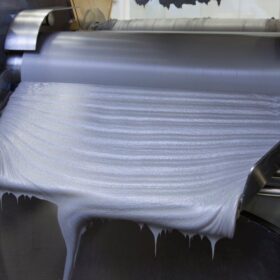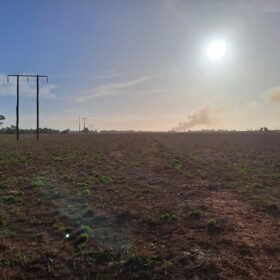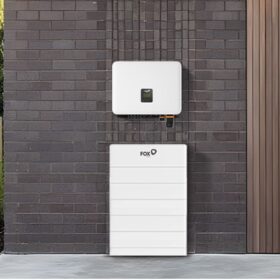Deakin secures $50 million funding for clean energy hub
Victoria’s Deakin University will spearhead what it claims will be the largest recycling and clean energy advanced manufacturing ecosystem in Australia after securing $50 million in funding through the Federal Government’s $242.7 million Trailblazer Universities Program.
ANU opens new lab dedicated to testing distributed energy resources
The Australian National University today opened its Distributed Energy Resources Lab, dedicated to researching and testing technologies including batteries, solar panels and electric vehicles which it says will “underpin the energy grids of the future”.
Advanced battery and hydrogen research facilities to be built by Victoria’s Deakin University, backed by government funds
Deakin University has received funding for two multi-million dollar facilities, one devoted to advanced battery research and the second for the development of hydrogen technology. The projects’ aims will be to overcome hydrogen’s hurdles and, for batteries, to improve existing technologies while also investigating sustainable alternatives like sodium batteries.
Land of milk and honey, Hycel set to work on hydrogen opportunities for dairy industry
It has been said that it is no use crying over spilt milk, and similarly there is no use crying over emissions already spilt by the dairy industry, there is only to curb those emissions and Deakin University’s Hycel Technology Hub is looking to do that for the dairy industries in both Australia and Uruguay.
Deakin University’s enterprising plans for its new microgrid
Microgrids afford an opportunity to essentially become a power station operator. That opportunity, says Dr Adrian Panow, the Director of Deakin’s Energy Initiative, unearths a number of urgent questions ranging from the technical all the way to the ethical. They are questions cross-faculty researchers at Deakin University, now home to a sizeable microgrid, plan to interrogate.
Deakin University’s $2.3 million Hydrogen Test Bed gets underway
Deakin University’s Hydrogen Test Bed is set to position regional Victoria at the cutting edge of hydrogen research. The facility and its research is looking to determine whether Australia’s current gas infrastructure can be repurposed for the use of clean hydrogen.
Salt of the earth Deakin Uni researchers win global prize with innovative sodium battery
A group of Deakin University researchers have won a top gong at Climate Launchpad 2020 with their innovatory sodium battery which they expect to electrify Indonesia’s enormous scooter market within three years and outcompete lithium ion batteries in the near future.
Deakin University set to steward new energy storage Research Hub
A New Safe and Reliable Energy Storage and Conversion Technologies Research Hub is one of five grant recipients of the Australian Research Council’s funding for Industrial Transformation. The Hub will seek to develop new technologies in energy storage to eliminate the risk of fire, as well as addressing the environmental impact of current technologies.
New Battery Performance Standard proposed for Australia, and possibly the world
A new Battery Performance Standard for residential and small-scale commercial applications has finally been submitted to Standards Australia. If adopted, the standard could clarify consumer confusion around which energy storage system is right for them.
Deakin University pilots non-flammable lithium metal battery
Researchers from Deakin’s Institute for Frontier Materials claim the battery chemistry based on a new class of electrolyte material carries no risk of uncontrolled thermal events and represents a viable alternative to the popular rechargeable lithium-ion batteries.
